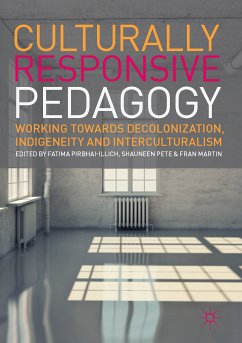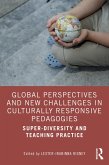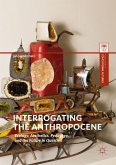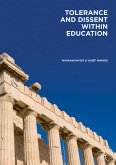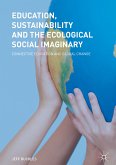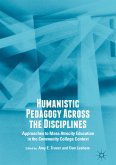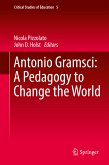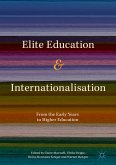-George J. Sefa Dei, Professor of Social Justice Education, University of Toronto, Canada
'...an important read for those working and researching in anti-oppressive education...challenges us to engage critically with the theory and practice of culturally responsive pedagogy as it aims to reform and reorient teacher education as a transgressive space.' -Jennifer Tupper, Dean, Faculty of Education, University of Regina, Canada
Dieser Download kann aus rechtlichen Gründen nur mit Rechnungsadresse in A, B, BG, CY, CZ, D, DK, EW, E, FIN, F, GR, HR, H, IRL, I, LT, L, LR, M, NL, PL, P, R, S, SLO, SK ausgeliefert werden.
"The book is well worth reading - and not only by teacher educators and pre-and in-service teachers; it is a welcome addition to the literature that addresses decoloniality at all levels of education. ... the book will be of significant interest to those who are engaging with decolonistation of the curriculum - in any context - and is recommended highly." (Sheila Trahar, Compare A Journal of Comparative and International, September, 2017)

